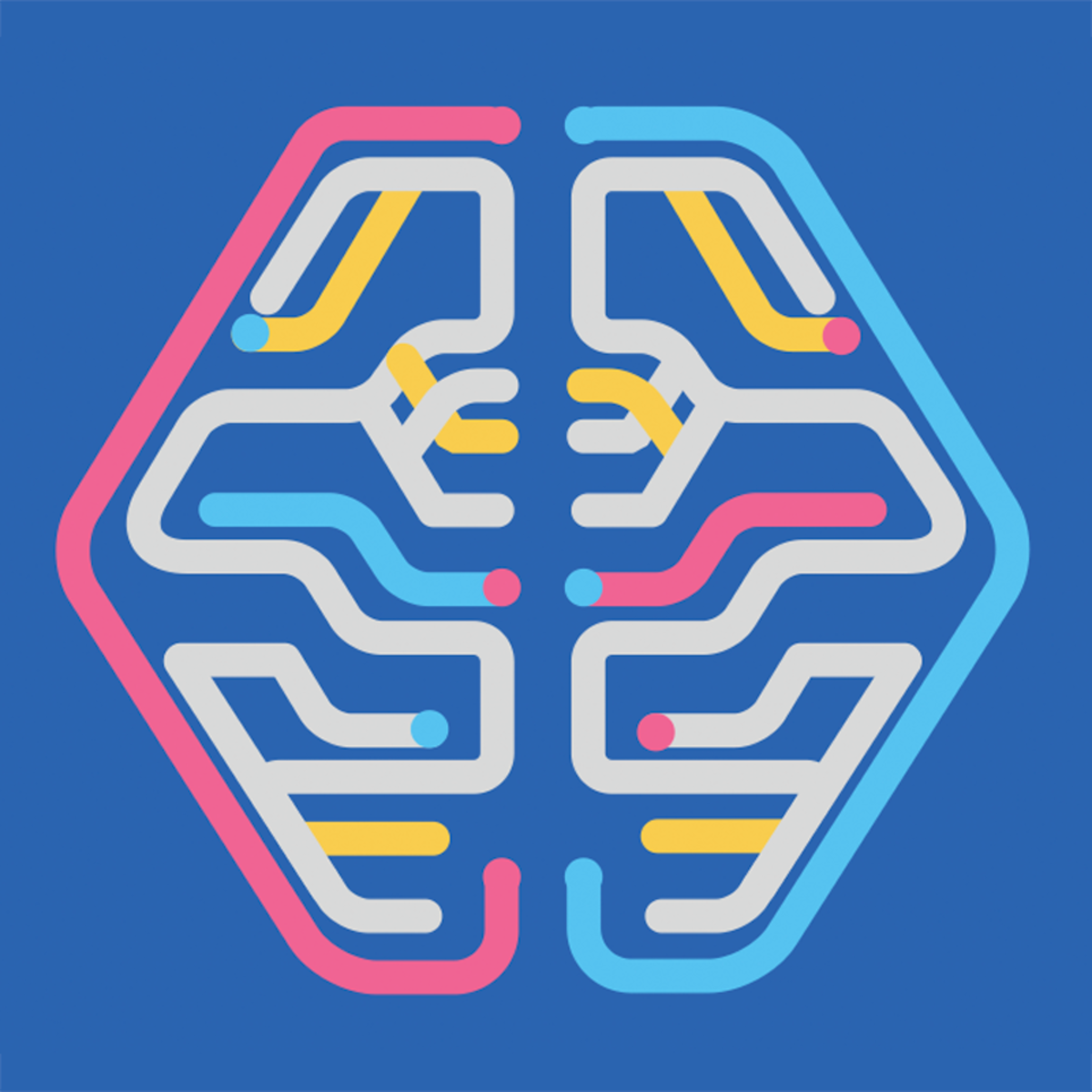
이 과정에서는 먼저 데이터에 관해 논의하면서 데이터 품질을 개선하고 탐색적 데이터 분석을 수행하는 방법을 알아봅니다. Vertex AI AutoML과 코드를 한 줄도 작성하지 않고 ML 모델을 빌드하고, 학습시키고, 배포하는 방법을 설명합니다. 학습자는 Big Query ML의 이점을 이해할 수 있습니다. 그런 다음, 머신러닝(ML) 모델 최적화 방법과 일반화 및 샘플링으로 커스텀 학습용 ML 모델 품질을 평가하는 방법을 다룹니다.
Three deals to help you save


What's inside
Syllabus
과정 소개
이 모듈은 과정 및 과정 목표에 대한 개요를 제공합니다.
데이터 파악하기: 탐색적 데이터 분석을 통한 데이터 품질 개선
이 모듈에서는 데이터 품질을 개선하는 방법과 탐색적 데이터 분석을 통해 데이터를 탐색하는 방법을 알아봅니다. 머신러닝에서 정리된 데이터가 중요한 까닭과 데이터 품질에 미치는 영향을 살펴봅니다. 예를 들어 값이 누락되면 결과가 왜곡될 수 있습니다. 아울러 데이터 탐색의 중요성도 배웁니다. 데이터를 깔끔하게 정리하고 나면 데이터 세트에 대해 탐색적 데이터 분석을 수행합니다.
Read more
Syllabus
Good to know
Save this course
Activities
Vertex AI AutoML 모델 학습 튜토리얼
Show steps
Vertex AI AutoML을 사용하여 머신러닝 모델을 학습하는 실제적인 경험을 제공합니다.
Browse courses on
Vertex AI
Show steps
-
Vertex AI 웹사이트에서 제공하는 AutoML 튜토리얼을 찾아보세요.
-
튜토리얼에 따라 실습 프로젝트를 완료하세요.
Show all one activities
Vertex AI AutoML 모델 학습 튜토리얼
Show steps
Vertex AI AutoML을 사용하여 머신러닝 모델을 학습하는 실제적인 경험을 제공합니다.
Browse courses on
Vertex AI
Show steps
- Vertex AI 웹사이트에서 제공하는 AutoML 튜토리얼을 찾아보세요.
- 튜토리얼에 따라 실습 프로젝트를 완료하세요.
Career center
Machine Learning Engineer
Data Scientist
Statistician
Data Analyst
Operations Research Analyst
Quantitative Analyst
Business Intelligence Analyst
Database Administrator
Information Technology Specialist
Data Engineer
Computer Scientist
Software Engineer
Data Architect
Reading list
Share
Similar courses
OpenCourser helps millions of learners each year. People visit us to learn workspace skills, ace their exams, and nurture their curiosity.
Our extensive catalog contains over 50,000 courses and twice as many books. Browse by search, by topic, or even by career interests. We'll match you to the right resources quickly.
Find this site helpful? Tell a friend about us.
We're supported by our community of learners. When you purchase or subscribe to courses and programs or purchase books, we may earn a commission from our partners.
Your purchases help us maintain our catalog and keep our servers humming without ads.
Thank you for supporting OpenCourser.


